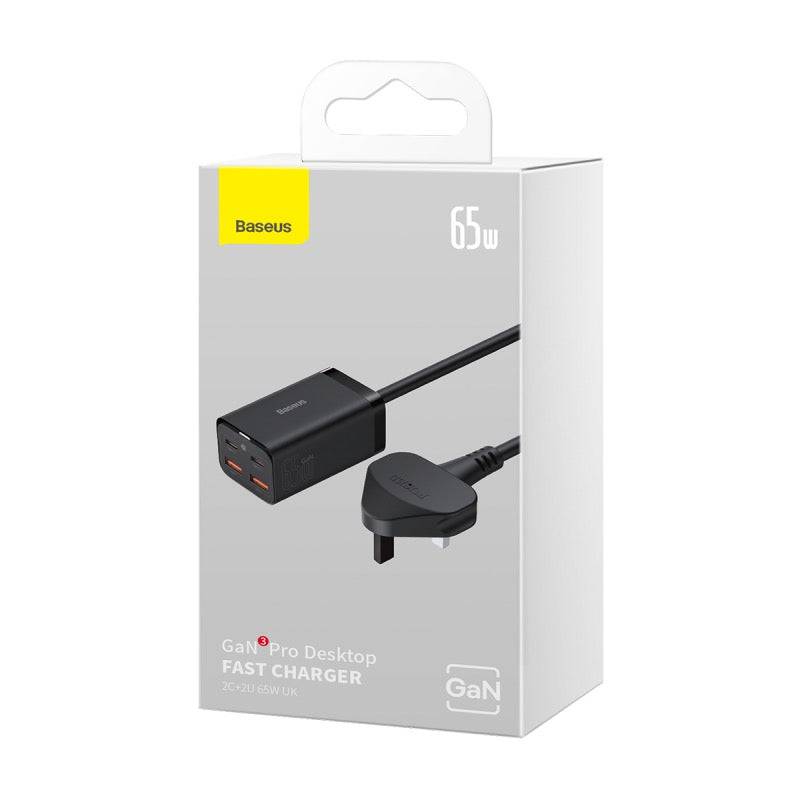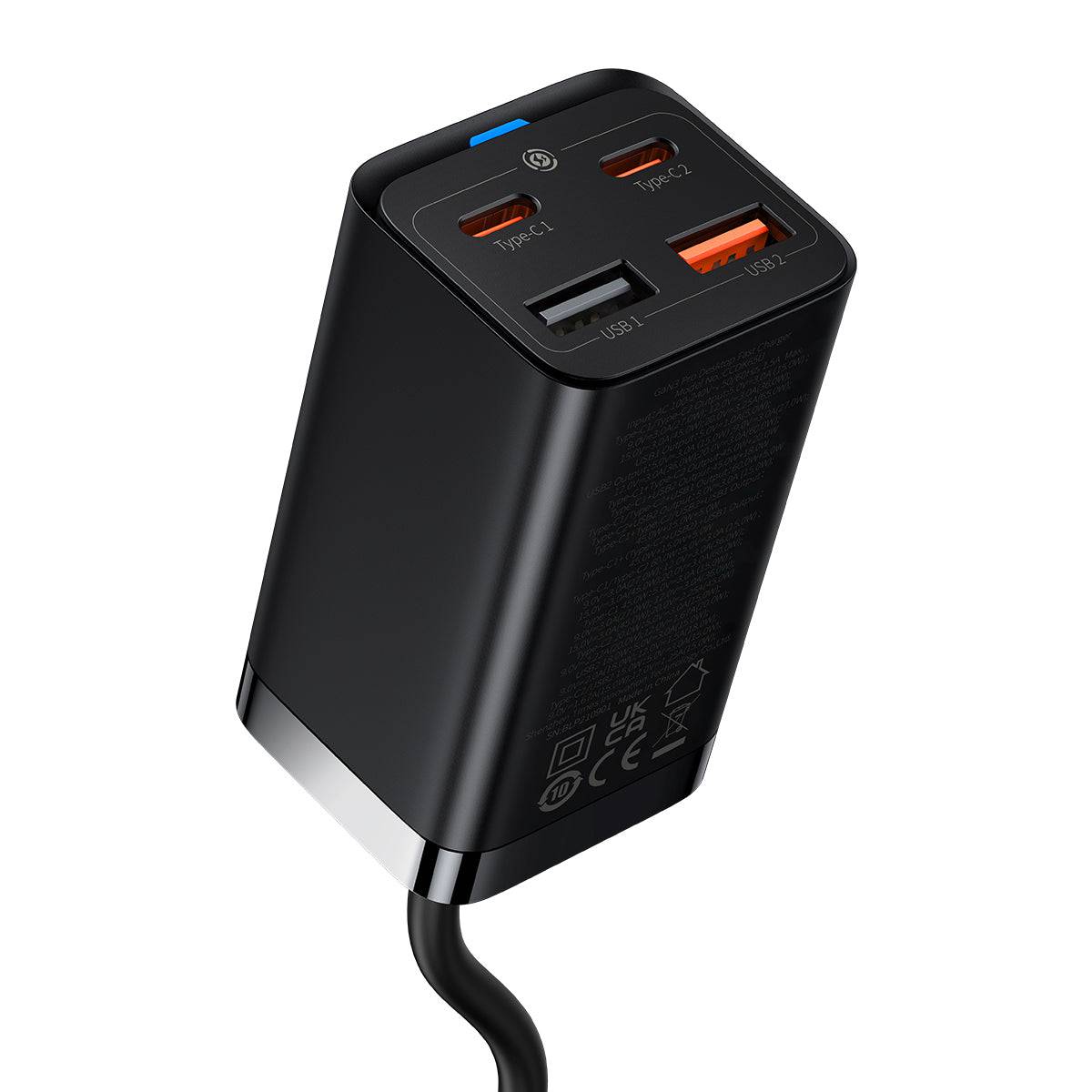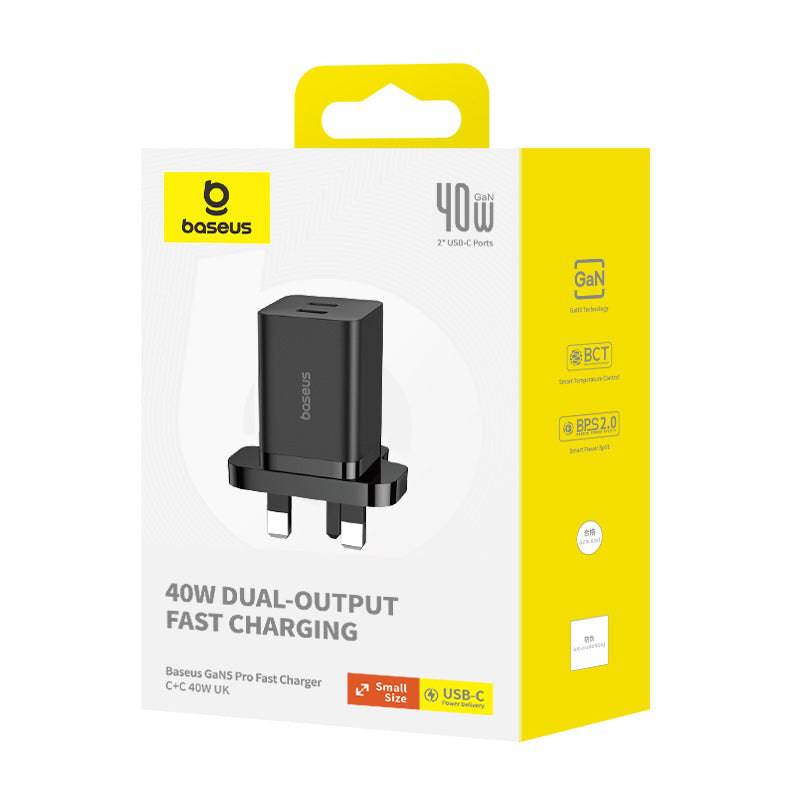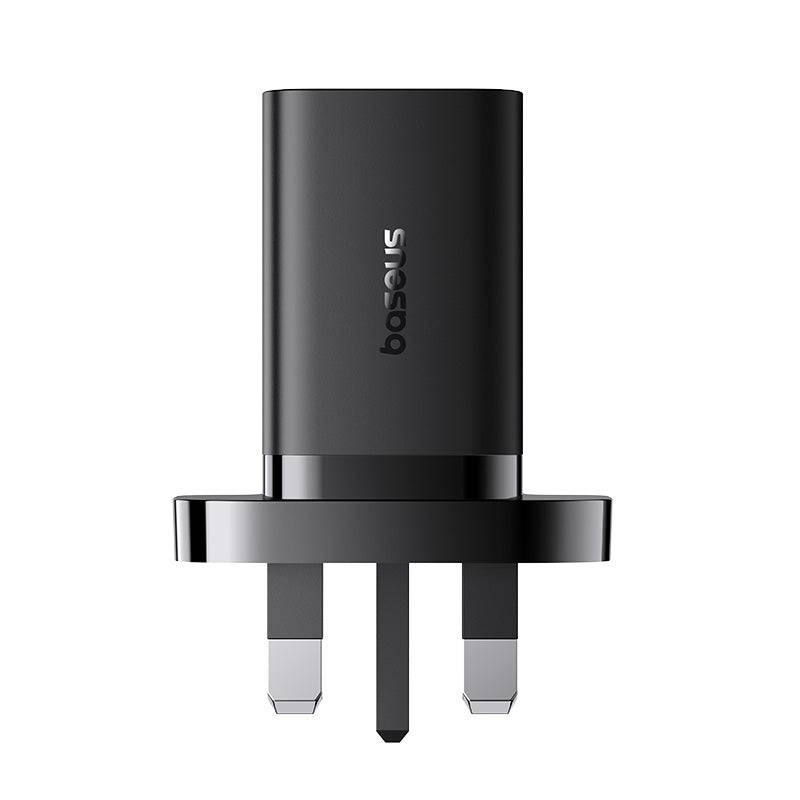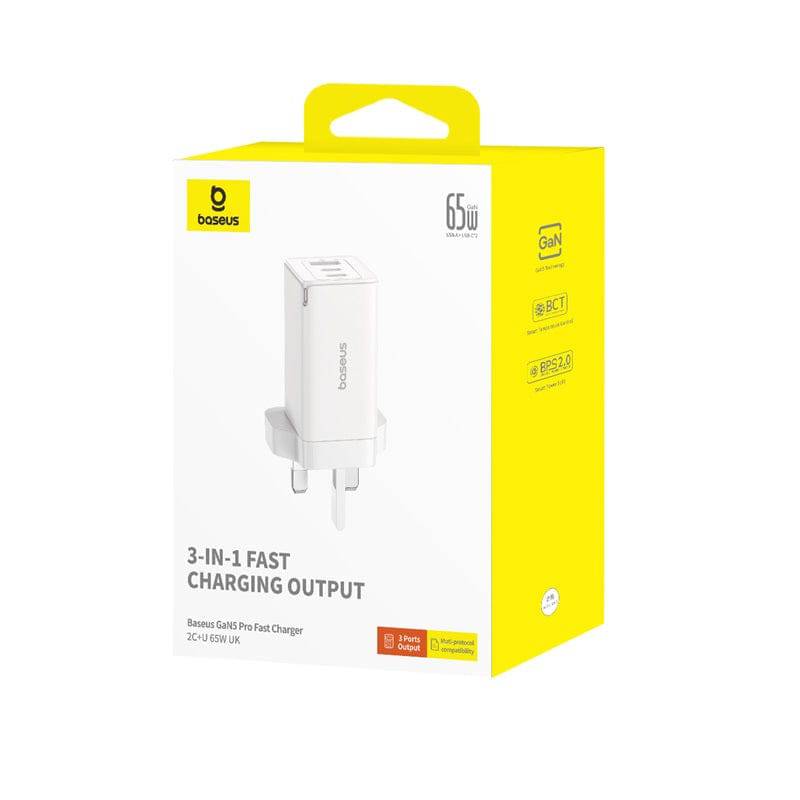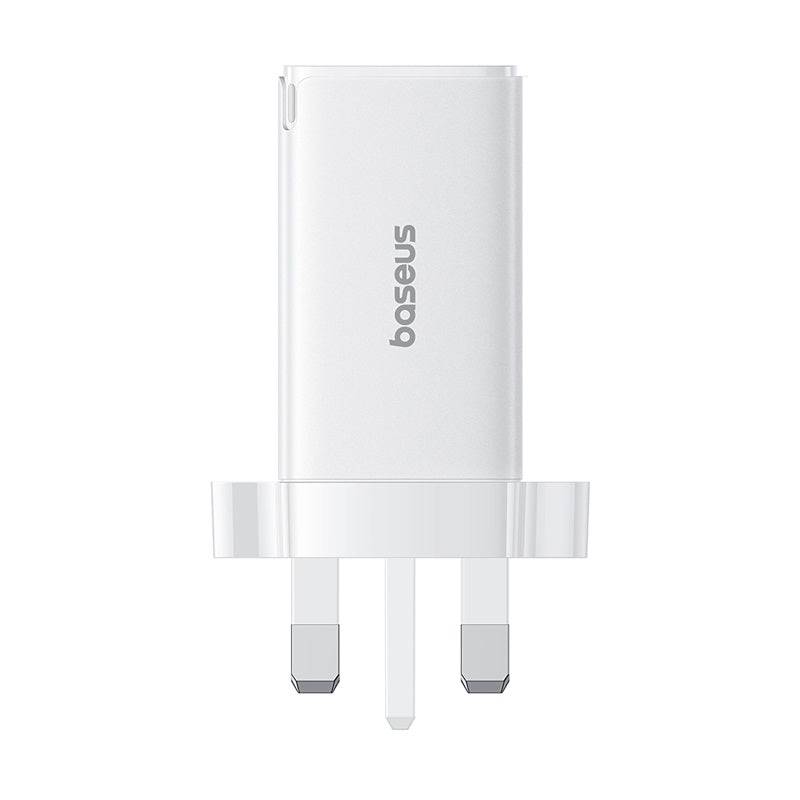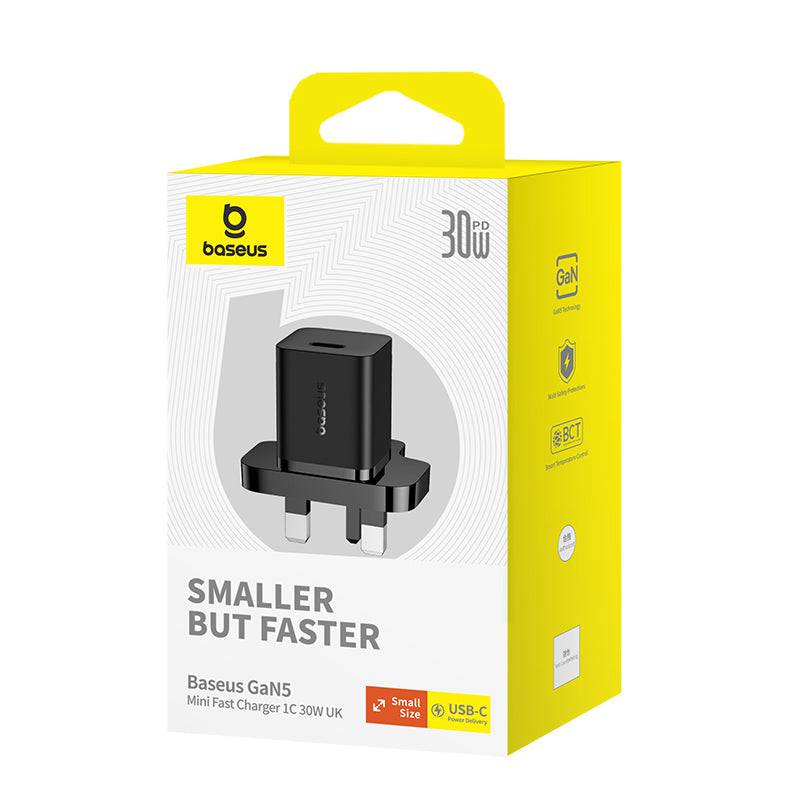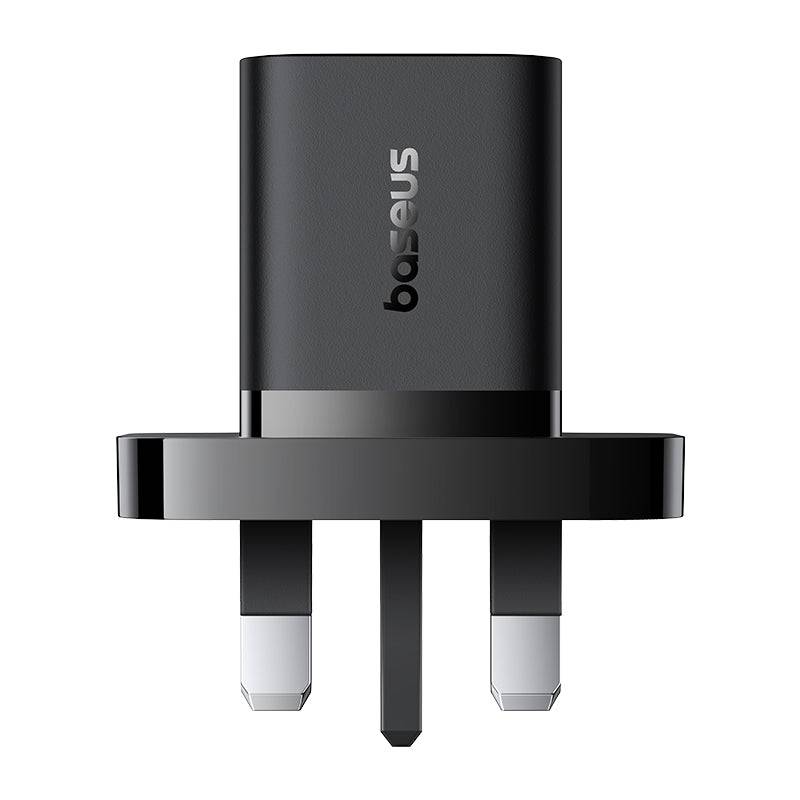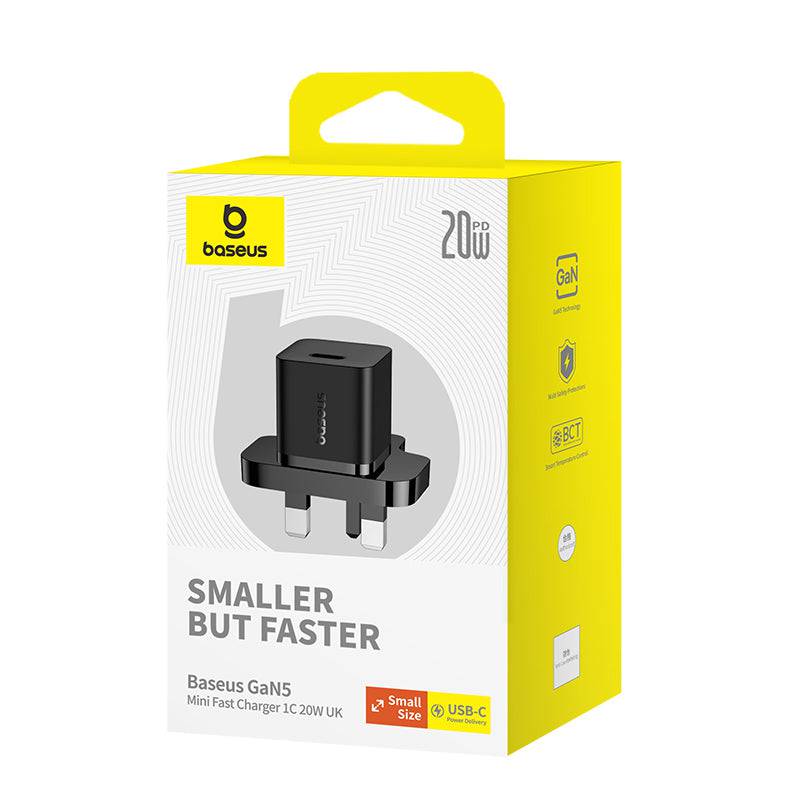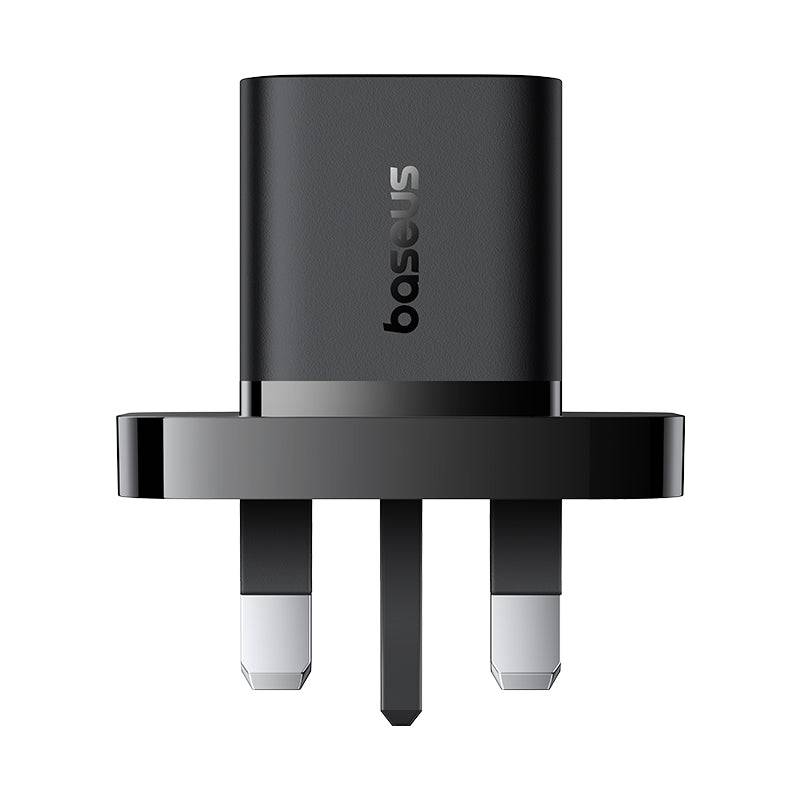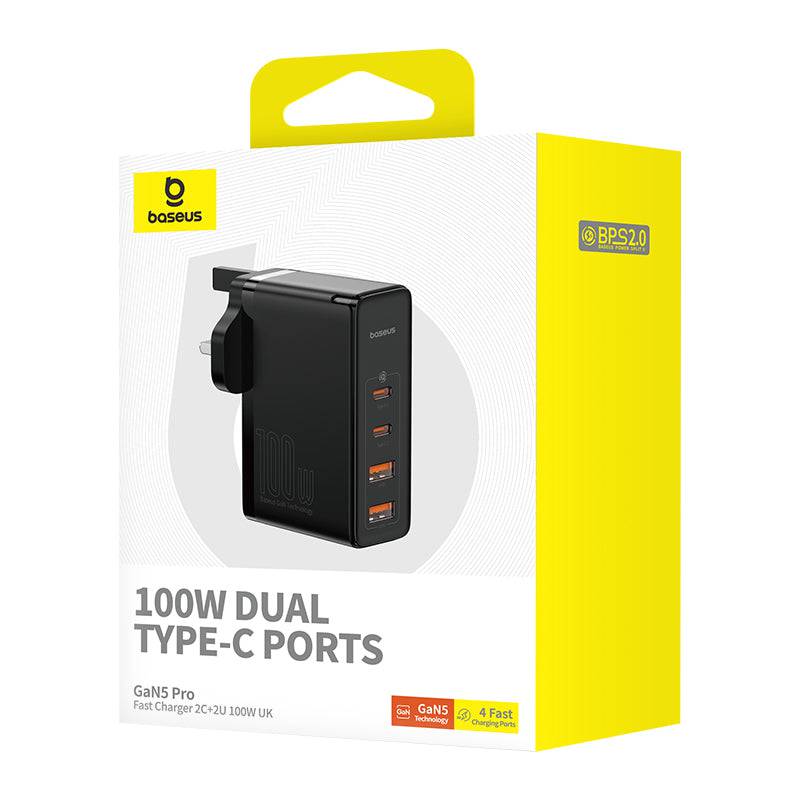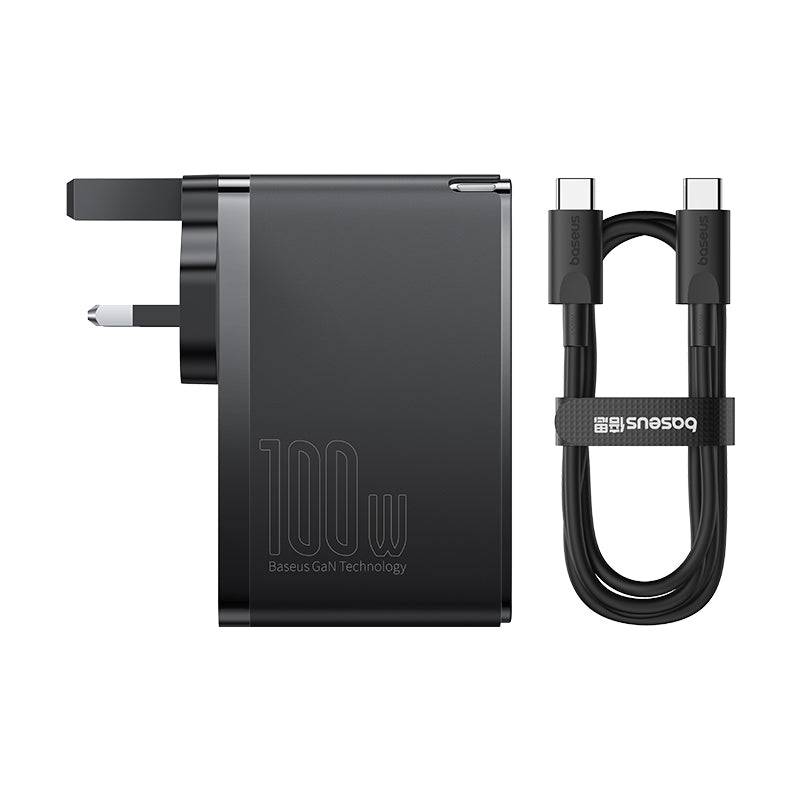Learn More
Chargers Specifications Explained
Not all chargers are the same regarding the number of ports they have. Ports are what connect the cord to the charger and carry the current through to the device.
The number of ports available on a charger varies, and depending on the number of ports on the charger, one could charge anywhere from one to four devices at once. However, these ports also determine the type of charging cords that can be plugged into the port to charge certain devices.
USB, or “Universal Serial BUS,” is the most renowned standard for charging devices in the world, having numerous variations in the form factor of USB cords to adapt to the changing technological requirements. Popular models also include the USB-A, USB-B, and micro-USB.
Among these varied USB connector styles is the USB-C, which is a unique re-invention of the USB. Apple and Google were the first manufacturers to implement it in their laptops, and today, USB-C is the primer standard in laptops, chargers, game consoles, and dozens of other devices.
But what is a USB-C charger exactly? USB-C’s, also known as Type-C chargers, are connectors standardly published by the USB-IF (a group of industry leaders within established consumer electronics communities like Apple, Intel, and Dell) who designed the USB for universal and user-friendly compatibility.
The USB-C is distinctly known for its oval shape, similar to a rectangle, with the corners smoothened into a curve. However, it is also completely symmetrical, making it impossible to plug it in the wrong way.
Watts directly correlate to charging power, which is what makes certain chargers uniquely different from one another. Wattage is what is used to measure the amount of power that comes from the charger. That means if a cell phone charger has a higher wattage (typically between 65 and 140), that means more power will get to your phone faster, making it charge faster.
However, that does not mean that chargers with a lower wattage rate, such as 24w, 30w, or 40w, are not beneficial. These wattages are typically used for small box chargers and car chargers, so they do not suck too much power from a car or your home’s electrical supply.
However, if you are looking to charge your device quickly and efficiently, pick a charger that has a wattage of anywhere between 65w to 140w. These types of chargers typically also allow you to charge multiple devices at once so that you do not have to wait for one device to charge or have multiple chargers running to charge all of your devices.
Charger Types
There are many major and minor differences between wired and wireless charging methods. Aside from the wired method requiring a charging cord and the wireless method not, it is how the wireless method actually works that creates the difference between the two.
Wireless charging methods usually fall into two categories: Qi charging and MagSafe charging. Both of these methods use induction coils to carry electrical currents to a device's battery to recharge it. Wired charging cords actually carry the current through the charging cord and carry the charge to the device.
Related Article: Wireless Charging VS Wired Charging: Pros and Cons
Car chargers are specifically designed to fit within the charging ports built into the dash of cars. Car chargers like our USB-C Car Charger are perfect for anyone needing to charge their car while on the road.
With superior safety and a built-in voltage detector, this car charger will monitor the vehicle's electrical system and display car voltage on the screen to inform you of the car's health.
The charging of your device that is connected to the car charger will automatically stop when the battery is full. The 65W fast USB C car charger built-in intelligent circuit design protects against short-circuiting, over-heating, over-current, and overcharging. And with strict CE certification and premium construction with durable housing, it will protect your device and vehicle from overcharging, over-heating, and short-circuit protection.
Chargers don’t just charge cell phones but charge other items with rechargeable batteries, such as laptops, tablets, and more. Some chargers have been specifically manufactured for particular applications outside of charging cell phones.
For example, our Blade Laptop Power Bank is compatible with laptop chargers. This portable charger has a wattage of 100, giving your laptop a speedy charge. This power bank also has two USB-C ports and 2 USB-A ports. With one charger, you can charge all of your devices and not have to worry about what port you need for which device.
With so many different products out there, it can seem like you need a different charger and cord for each device. To save you time and hassle, it's important to find chargers and devices that minimize the number of chargers you need to carry with you. Here at Baseus, we are dedicated to finding you the best product that will keep all your devices charged longer.

